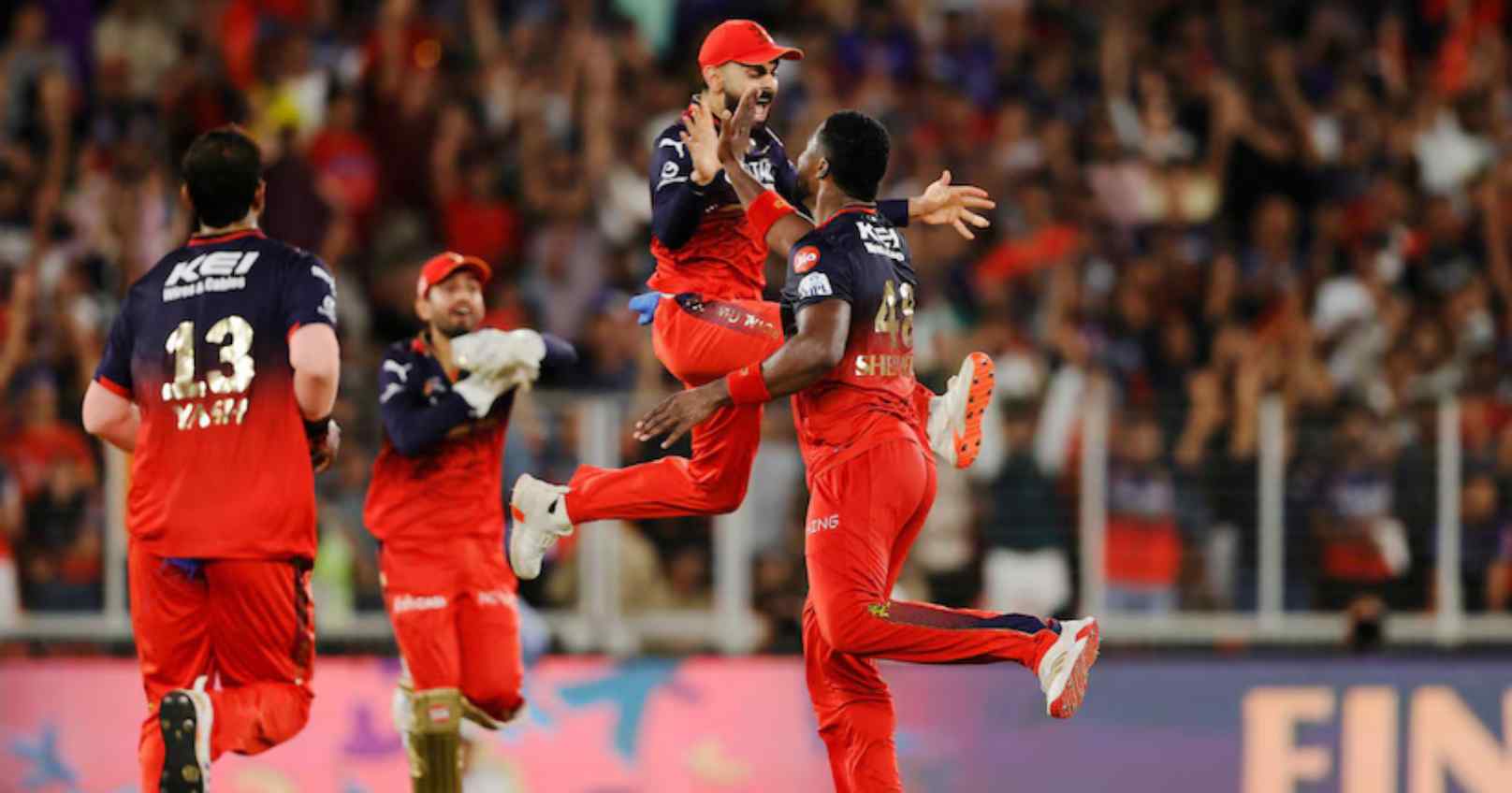Israel and Hezbollah on Verge of Full-Scale Conflict After Rocket Attack Kills 12 Children
Israel has retaliated against Hezbollah following a rocket attack that killed 12 people in the Golan Heights, raising fears of an expanded conflict
29-07-2024Israel has launched attacks on Hezbollah targets and warned of further retaliation after a rocket strike in the Golan Heights killed 12 people. The incident, which occurred on Saturday, involved a rocket hitting a football pitch and resulted in the deaths of children aged 10 to 16. This marks the deadliest attack on Israeli civilians since the escalation of violence on October 7, when Hamas attacked southern Israel.
Israeli authorities attribute the rocket attack to Hezbollah, claiming it was a Falaq-1 Iranian rocket. However, Hezbollah has denied any involvement. The incident has intensified fears of a wider conflict between Israel and Hezbollah.
Prime Minister Benjamin Netanyahu has vowed to impose a "heavy price" on Hezbollah and is consulting with his security cabinet and military leaders to decide the next steps. The US has condemned the rocket attack and called for restraint from all parties, while Iran has warned that any further military actions by Israel in Lebanon could lead to serious consequences.
Despite Israel's position of not negotiating with groups it deems as terrorists, there is increasing domestic pressure to address the hostage situation and explore potential ceasefire options. The Israel Defense Forces (IDF), which relies on conscripts and reservists, is also experiencing significant strain.
Some senior Israeli officials are considering a ceasefire in Gaza, which could help alleviate tensions with Hezbollah. The conflict, which began after the October 7 Hamas attacks that killed 1,200 people and took 250 hostages, has resulted in over 39,000 deaths in Gaza, according to the Hamas-run health ministry. Hezbollah's enhanced military capabilities pose a substantial threat, raising concerns about the potential devastation of a larger-scale conflict.


Royal Challengers Bengaluru ended their 18-year title drought with a historic IPL 2025 win, marking
Read More
A 17-year-old social media influencer was fatally shot at her Islamabad home, with police probing po
Read More
India is witnessing a significant rise in COVID-19 infections, with Kerala, Maharashtra, and Delhi a
Read More